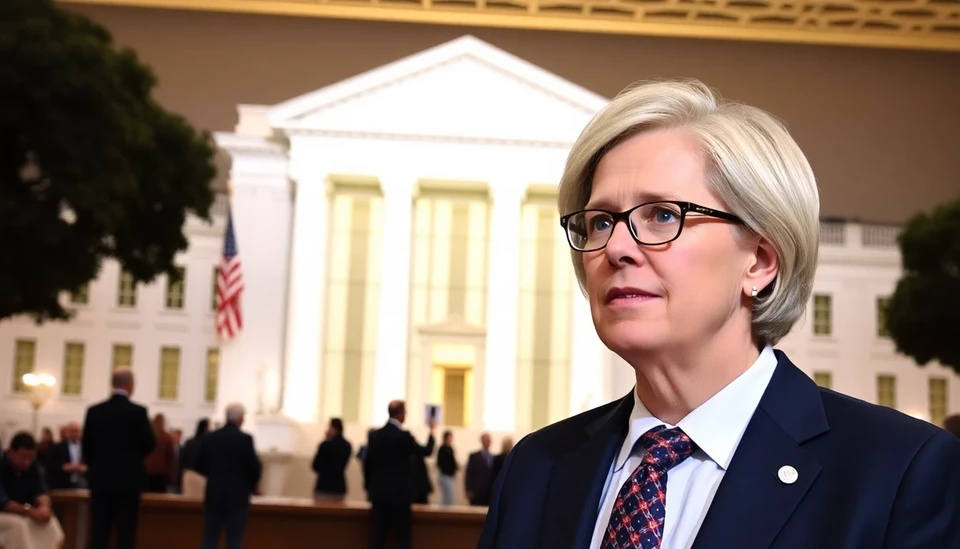
In a recent statement, Mary Daly, the President of the Federal Reserve Bank of San Francisco, unveiled her positive outlook on the impact of artificial intelligence (AI) on productivity and economic growth in the United States. During an engaging discussion aimed at shedding light on current trends, Daly emphasized that advancements in AI could significantly transform industries and enhance overall productivity levels.
Daly articulated her belief that the accelerating pace of technological innovation, driven largely by AI, holds the potential to rejuvenate the economy by increasing output without proportionally increasing labor or capital inputs. She drew a parallel to historical technological revolutions, suggesting that AI fits into a long line of innovations that have redefined economic landscapes.
Furthermore, Daly asserted that embracing AI not only aids in boosting productivity but also presents numerous opportunities for job creation across various sectors. As companies adapt to these new technologies, she noted that roles may evolve, offering workers new skill sets that align with the changing demands of the job market.
Addressing concerns about potential job displacement due to automation, Daly expressed a nuanced view. She argued that while some jobs may be at risk of becoming obsolete, a broader landscape of opportunities would emerge as companies seek individuals who can interact with and manage these advanced AI systems. In her vision, the labor market will shift, necessitating a workforce that can adapt and thrive in this new environment.
Moreover, Daly acknowledged that the path forward would not be devoid of challenges. She highlighted the importance of education and workforce training in equipping individuals with the skills necessary to thrive in an AI-enhanced economy. By investing in education and reskilling initiatives, the Federal Reserve aims to ensure that the benefits of productivity gains are widely distributed among the population.
The conversation around AI’s economic implications is particularly timely, as governments and businesses worldwide are increasingly looking to leverage technology for growth. Daly’s insights are likely to spark further discussions on policy frameworks that can facilitate the integration of AI in a manner that promotes sustainable economic progress while safeguarding worker interests.
In conclusion, Mary Daly's bullish stance on AI-driven productivity offers a hopeful perspective on the future of the U.S. economy. As these technologies continue to evolve, their potential to reshape the labor market and catalyze economic growth presents a unique opportunity that, if approached thoughtfully, could benefit society as a whole.
<#>AI #Productivity #MaryDaly #FederalReserve #Economy #TechInnovation #JobCreation #WorkforceTraining
Author: Rachel Greene




